Manure and Fertilizers are both substances used in agriculture and gardening to provide essential nutrients to plants. Manure is like natural plant food made from animal poop and bedding. Manure helps plants grow by giving them nutrients and improving the soil. While Fertilizers on the other hand are like plant vitamins. They are chemicals or minerals that provide specific nutrients to plants, helping them grow bigger and faster.
Manure and Fertilizers
Both manure and Fertilizers are used to enhance soil fertility. The choice between manure and fertilizers depends on factors like the specific nutrient needs of crops, soil conditions, cost, and environmental considerations. Many farmers use a combination of both to optimize soil fertility and crop production.
Define Manure
Manure is organic material derived from the decomposition of animal waste, such as dung and urine, along with bedding materials like straw or hay. Manure contains a mix of organic matter and nutrients like nitrogen, phosphorus, and potassium, along with other micronutrients. The nutrient content varies depending on the animal species and diet.
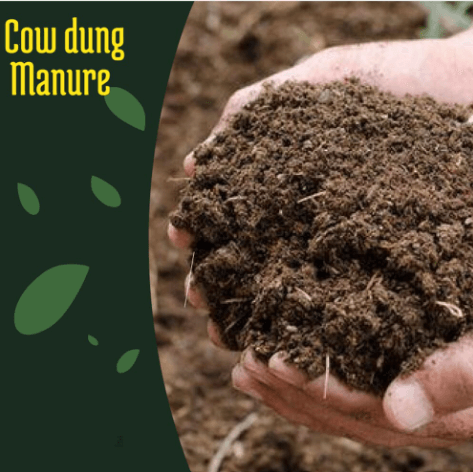
In simple terms, Manure is a type of natural fertilizer made from animal waste, like from cows or chickens. It’s mixed with things like straw or hay that the animals bed on. When you put manure on soil, it’s like giving plants a healthy meal. Animal waste breaks down slowly and gives plants the nutrients they need to grow. The manure also makes the soil better by improving its texture and helping it hold water. Some examples of manure are Cow manure, Chicken manure, Horse manure, Sheep manure, and composted kitchen scraps.
Define Fertilizers
Fertilizers are synthetic or naturally occurring chemicals that contain specific nutrients essential for plant growth. They can be produced chemically or mined from natural deposits. Fertilizers are formulated to contain specific nutrient ratios, such as N-P-K (nitrogen, phosphorus, and potassium), and may also include micronutrients. This allows for precise control of nutrient application.
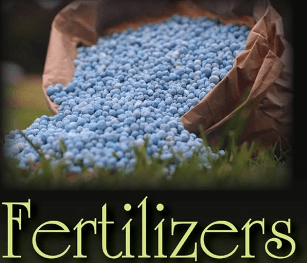
In simple terms, Fertilizers are like special plant food. They come in the form of tiny grains or pellets. Fertilizers contain specific nutrients that plants need to grow well, like nitrogen, phosphorus, and potassium. When you sprinkle fertilizers on the soil, plants can quickly sock up these nutrients, just like when we take vitamins to feel better. Fertilizers help plants grow faster and bigger, which is important for forming and gardening.
However, using too much fertilizer can sometimes be like eating too many vitamins – it’s not good for the plants or the environment. So, it’s important to use them carefully. Some examples of Fertilizers are Ammonium nitrate, Triple superphosphate, Potassium sulfate, Urea, and Bone meal.
Difference Between Manure and Fertilizers
Manure is organic material derived from animal waste and bedding, rich in nutrients and valuable for improving soil quality. Fertilizers, on the other hand, are chemical or naturally occurring compounds designed to supply plants and specific nutrients in a controlled manner. Both manure and fertilizers play critical in modern agriculture, helping to ensure healthy plant growth and higher crop yield.
| Difference Between Manure and Fertilizers | ||
| Characteristics | Manure | Fertilizers |
| Source | The manure is obtained from organic matter (animal waste, compost). | Fertilizers are obtained from synthetic or mineral compounds. |
| Nutrient Content | Manures are variable and lower in nutrient concentration. | Fertilizers have high and precise nutrient content. |
| Nutrient Release | Slow release over time. | Immediate or controlled release. |
| Organic Matter Content | Organic matter content is high in manures. | The organic matter content is low or negligible in fertilizers. |
| Soil Improvement | Soil improvement enhances soil structure and fertility. | Focuses on nutrient provision. |
| Environmental impact | Lower risk of groundwater or water pollution. | Potential for leaching and pollution. |
| Cost | Manures are often cheaper or free. | Fertilizers can be more expensive. |
| Nutrient Types | Manures contain a wide range of nutrients. | Fertilizers contain specific nutrients. |
| Application Frequency | Manures are typically applied less frequently. | Fertilizers are applied as needed. |
| Examples | Examples of manure are Cow manure, Chicken manure, and Horse manure | examples of Fertilizers are Ammonium nitrate, bone meal, and urea. |
Importance of Manure and Fertilizers
It is essential to use manure and fertilizers judiciously, considering factors like soil type, crop type, and environmental impact, to achieve the best results while minimizing negative effects such as nutrient runoff and water pollution. Manure and fertilizers play a crucial role in agriculture and gardening for the following reasons:
- Manure and fertilizers provide essential nutrients, such as nitrogen, phosphorus, and potassium, to plants, ensuring healthy growth and maximum yield.
- Manure enhances soil structure, moisture retention, and microbial activity, promoting soil health and fertility. Fertilizers can also improve soil nutrient levels.
- Properly balanced nutrients from manure and fertilizers result in higher crop yields, helping to meet food demands and increase farm productivity.
- Regular application of these substances helps prevent nutrient deficiencies in plants, which can lead to stunted growth and poor crop quality.
- Manure and fertilizers contribute to improved crop quality, including color, taste, and nutritional value, making produce more appealing to consumers.
- Using manure reduces waste and recycling organic materials, while some fertilizers can be formulated to minimize environmental impact, promoting sustainable agriculture.
- Proper nutrient management with manure and fertilizers can save farmers money by optimizing resource use and minimizing losses due to nutrient deficiency.
- Modern agriculture uses technology to apply manure and fertilizers with precision, reducing waste and environmental impact while maximizing crop performance.

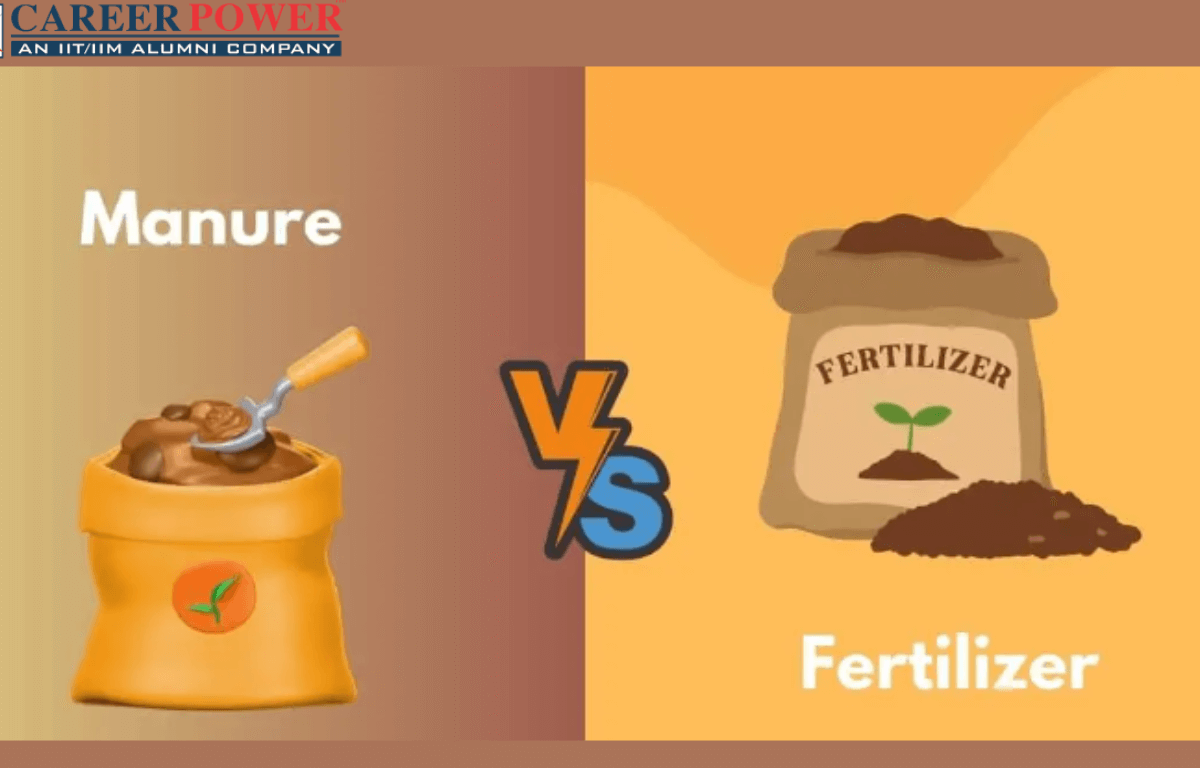

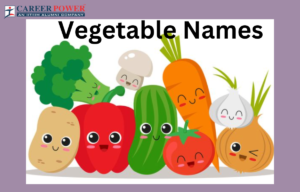 50 Vegetables Name for Kids in English a...
50 Vegetables Name for Kids in English a...
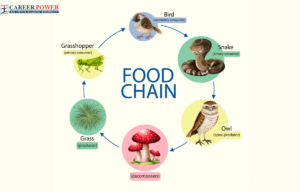 Food Chain: Definition, Types, Examples,...
Food Chain: Definition, Types, Examples,...
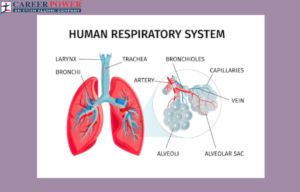 Human Respiratory System: Definition, Di...
Human Respiratory System: Definition, Di...













